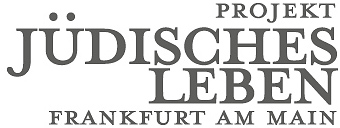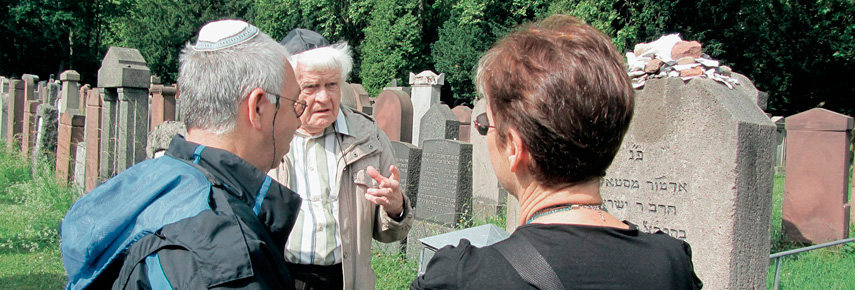When Helmut Rosenblum, later Emanuel Rosenblum, entered the world in Frankfurt on March 3, 1912, the Rosenblum family was facing a promising future in Germany. Emanuel was the youngest child of three and initially attended Musterschule in Frankfurt, a school with a liberal reputation. At this school, he met some Jewish friends, but also many non-Jewish ones. As he became older, he transferred from Musterschule to Philanthropin, a liberal Jewish school in Frankfurt.
After graduating from Philanthropin, Helmut faced a bleak future. He decided to join the fur business of his father, Bernhard Rosenblum & Co. He advised his older brother Kurt, who actually wanted to study chemistry at Johann Wolfgang Goethe University, to do the same. Their father’s prospering business was located right in Frankfurt, at Schillerstraße. At this time, some of Helmut’s Jewish friends had already joined a Zionist group. They gave him literature about the Zionist idea and its movements. Helmut began nurturing the idea of emigrating to Palestine one day. After the Nazis took power, he finally turned his back on Germany.
Varda Albalach’s father didn’t buy any German products
It took Emanuel Rosenblum more than a year to settle down in Palestine. He continued to be a successful businessman and opened the first fur shop of Tel Aviv. Here he also met his Israeli wife. They had two children.
Varda Albalach emphasizes that all of her family continued to speak German even after emigrating, although her father’s family had turned their backs on Germany. This is how Varda and her brother learned to speak German. Anyhow, Germany never was a taboo topic in her family. Emanuel Rosenblum told his daughter about the past and his life in Germany every day. Young Varda only experienced one clear restriction regarding Germany: They were all forbidden to buy German electronic products. Varda recounts a specific situation from her youth: At around 16 she bought a bonnet hair dryer made by Krups. When her father saw the device, he was irritated and asked his daughter, if she did not know where it came from. Varda replied that of course she had read where the device came from. The young girl could not understand what could be objectionable about it. Then her father explained that Krups had manufactured supplies for the German army, just as many other German corporations during the Nazi era. He said no one should support such a company. Throughout his life, he continued to vehemently reject all products made by large German companies.
Visit to Frankfurt
After her father’s death in 2000, Varda Albalach decided to visit Germany for the first time. She came to Frankfurt to find her roots, supported by her aunt and her partner. She was very keen on visiting the Jewish cemetery in Frankfurt and was moved to see her great-grandparents’ grave. Ever since, Varda and her partner have been visiting Germany once a year, to learn about the country and its people.
During this visit, she again planned to take one step further and wanted to visit the former apartment of her grandparents and her father at Günthersburgallee 48.
She wanted to stand on the balcony, where her father was once photographed. She also wished to visit her father’s former school, Musterschule. The project group “Jewish Life in Frankfurt” (Jüdisches Leben in Frankfurt) organizes visits by former students or their children in their old schools. A dedicated teacher at Musterschule was grateful for Varda Albalach’s willingness to come and speak to her students.

